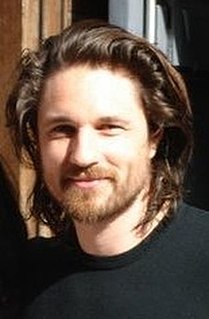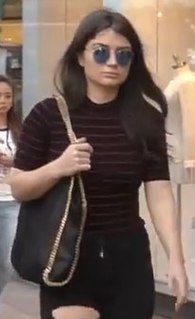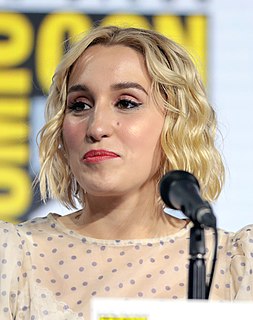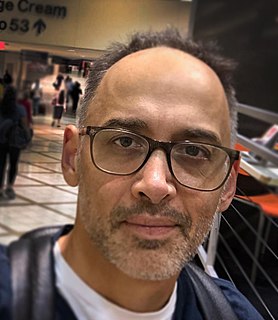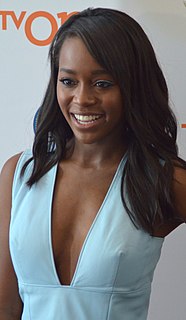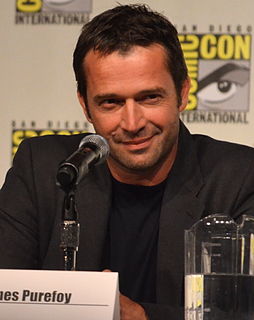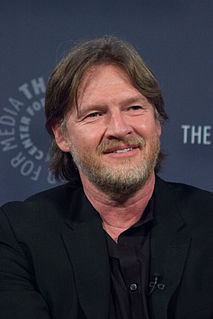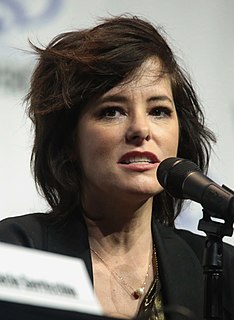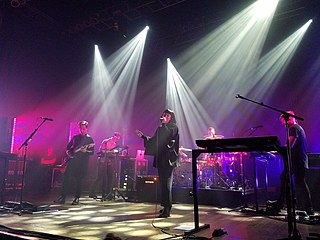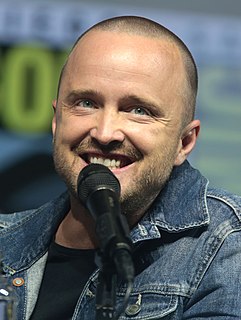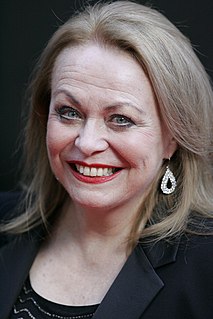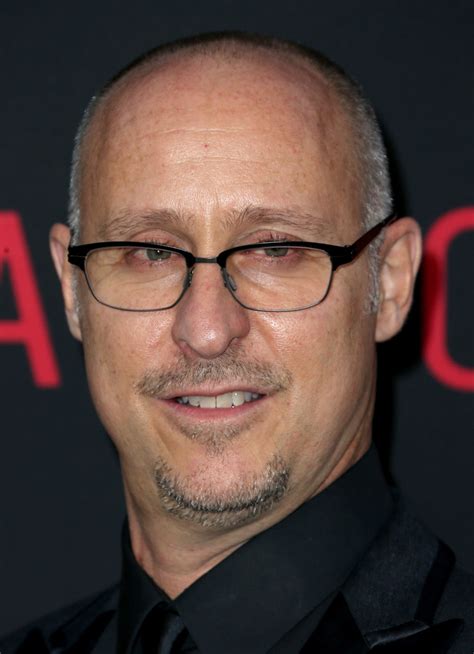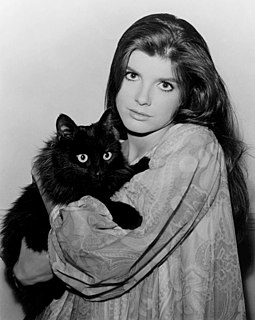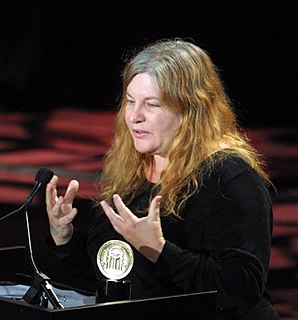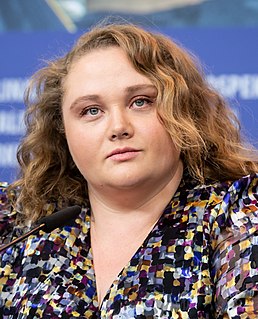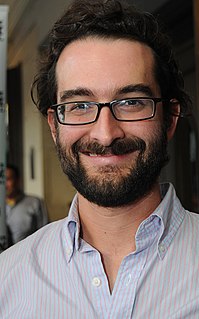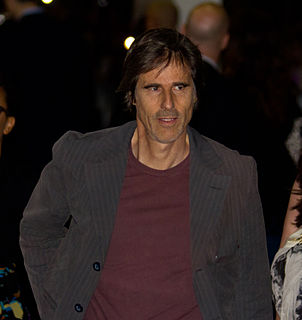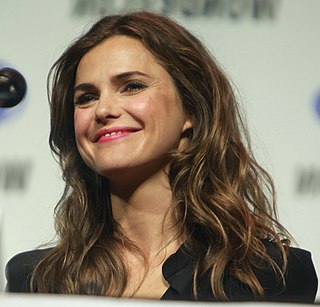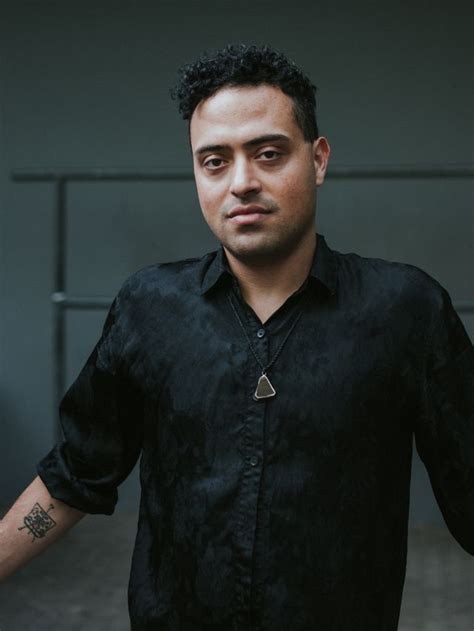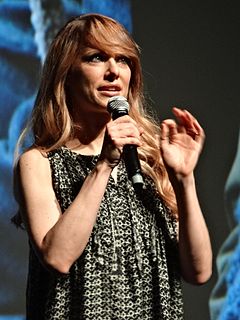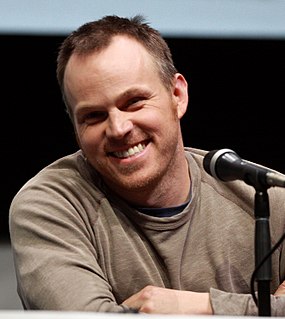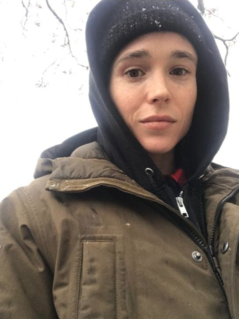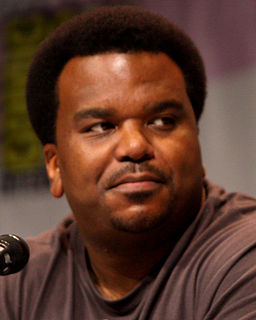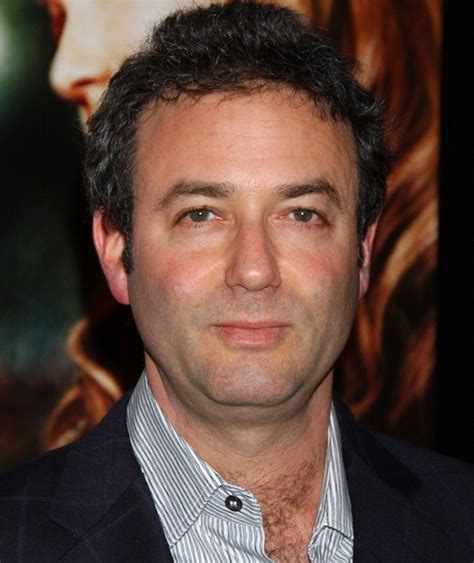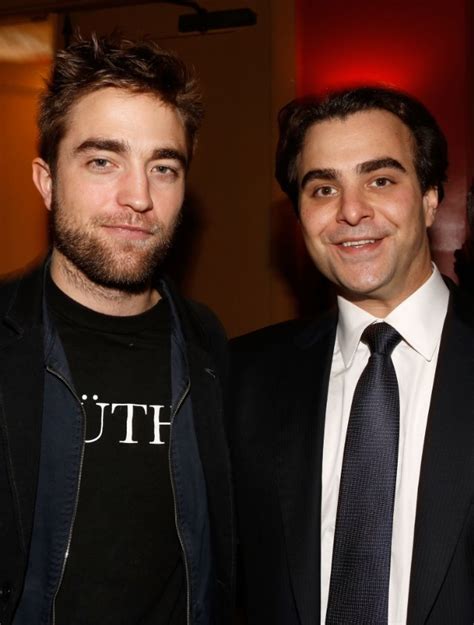Top 138 Sundance Quotes & Sayings
Explore popular Sundance quotes.
Last updated on April 14, 2025.
For some reason at Sundance, more than other festivals that I'm aware of, you find filmmakers rushing to screen works that sometimes aren't completed. In my seven years of programming at Toronto, I'm not aware of any documentaries that went back for serious editing after their premiere - other than those presented as works-in-progress. But at Sundance every year there seems to be a few films that push the deadline so hard that they get taken back to the edit room afterwards.
David Michôd changed my life, quite literally, along with the chaps at Sony Pictures Classics. That's what set me on my way. I thought we did good work and had a good film, but when it was so praised at Sundance that year that's what really started the ball rolling. We all paid our own way to Sundance.
